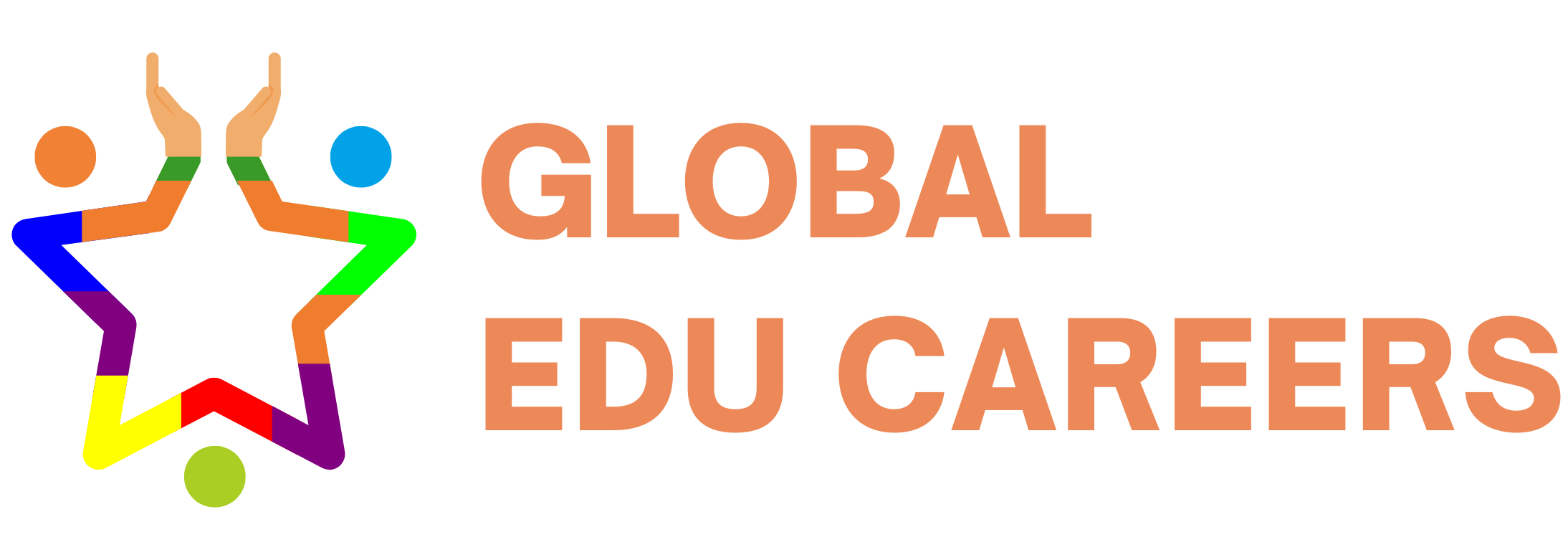Why Career Counseling is Essential for Students in India: From 9th to 12th Standard
The years between 9th and 12th standard are critical for Indian students. These four years lay the foundation for their future, as they are expected to make crucial decisions about their education and career paths. However, with the vast number of career options available today, students often feel overwhelmed and unsure about what direction to take. This is where career counseling becomes essential. For students in India, career counseling can provide the necessary guidance to make informed decisions and build a strong career trajectory.
1. Understanding Career Counseling in India
Career counseling in India is the process where a trained career counselor helps students identify their interests, strengths, and goals to plan for a successful career. Unlike earlier times, when career options were limited to engineering, medicine, or government jobs, today’s students have an array of opportunities. From digital marketing to data science, fashion design to entrepreneurship, the choices are endless. Career counselors help students explore these options based on their skills and preferences, ensuring they make a well-informed decision.
2. The Importance of Early Career Counseling (9th and 10th Standard)
For students in the 9th and 10th standards, career counseling provides the first step toward understanding the importance of career planning. At this stage, many students are unaware of their own strengths and interests. A career counselor can help students:
- Identify their interests: Many students are unsure about their career path. For instance, a student who excels in science but also enjoys drawing may not be aware that fields like architecture or industrial design combine both skills.
- Understand different streams: In India, after the 10th standard, students must choose a stream – science, commerce, or humanities. Without proper guidance, many students pick a stream based on peer pressure or parental expectations. Career counseling helps students understand the subjects in each stream and how they align with potential career choices.
For example, if a student is interested in economics but also enjoys math, the commerce stream with a focus on economics can be an ideal choice. A career counselor can explain how this stream leads to careers in finance, economics, or even entrepreneurship.
3. Career Counseling for 11th and 12th Standard: Streamlining Career Goals
By the time students reach the 11th and 12th standards, they are expected to have a clearer idea of their career paths. However, this is often not the case. Many students feel pressured by the competitive environment, especially with entrance exams like JEE, NEET, or CUET.
Career counseling helps students:
- Clarify their career goals: Whether a student is aiming for engineering, medicine, law, or something unconventional like culinary arts, career counseling helps streamline their career goals. For example, a student interested in medical science might not want to become a doctor but could explore fields like biotechnology, physiotherapy, or medical research.
- Prepare for entrance exams: Many students are confused about which entrance exams to take. A career counselor can guide them on which exams are relevant for their desired career paths and help them create a study plan.
4. Reducing Academic Stress and Anxiety
Indian students often face immense pressure from parents and society to excel in academics. This pressure can lead to stress, anxiety, and in some cases, burnout. Student career advice from professional counselors can help ease this burden. Career counselors not only offer academic advice but also provide emotional support by:
- Managing expectations: For instance, if a student is passionate about the arts but feels pressured to choose science, a counselor can help mediate between the student and parents, explaining the potential and career scope in fields like fine arts, animation, or graphic design.
- Providing alternatives: If a student does not perform well in a particular subject, career counseling can help them understand that one setback does not determine their entire future. There are multiple paths to success, and a counselor can help explore alternative options.
5. Helping Students Make Informed Career Choices
The decision-making process for a career involves many factors like job prospects, growth opportunities, personal interest, and financial stability. Without proper guidance, students may choose careers that don’t align with their skills or interests, leading to dissatisfaction later on.
Career counseling ensures that students:
- Make informed decisions: With guidance, a student can make informed choices based on factual data rather than assumptions. For example, a student interested in technology may learn that fields like artificial intelligence or cybersecurity are in high demand and align with their skills in coding and problem-solving.
- Stay motivated: With a clear career plan in place, students are more likely to stay motivated and focused, knowing that each step brings them closer to their career goals.
Conclusion
In India, where academic performance and career choices play a significant role in shaping a student’s future, career counseling is essential from 9th to 12th standard. It not only helps students understand their potential and explore career options but also supports them in making well-informed decisions that can lead to long-term success. By offering personalized guidance, career counseling ensures that students are equipped with the knowledge and confidence to pursue their dreams in a rapidly evolving world. Whether it’s choosing the right stream after 10th or preparing for competitive exams in 12th, career counseling is a valuable tool that every Indian student should consider.






